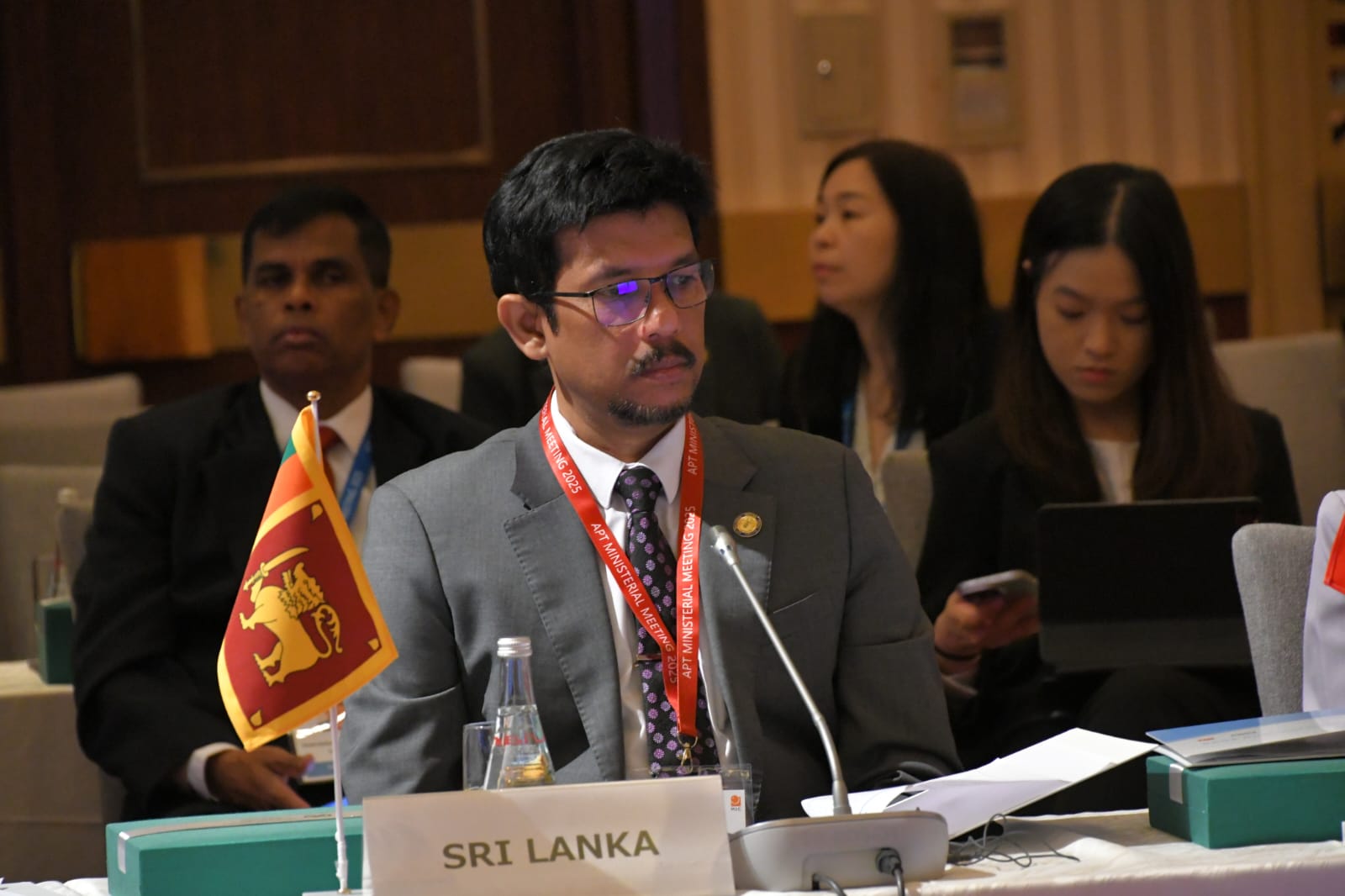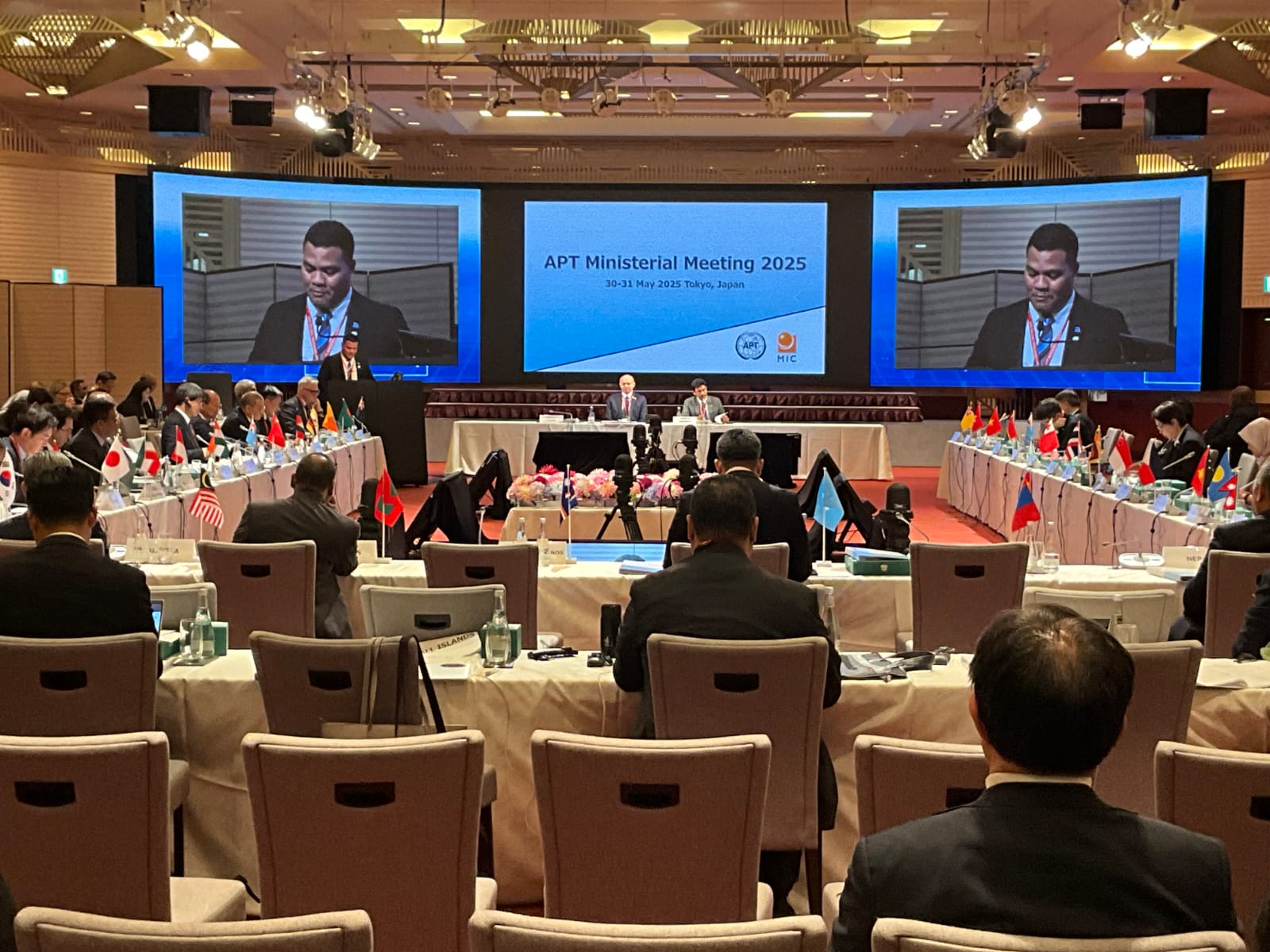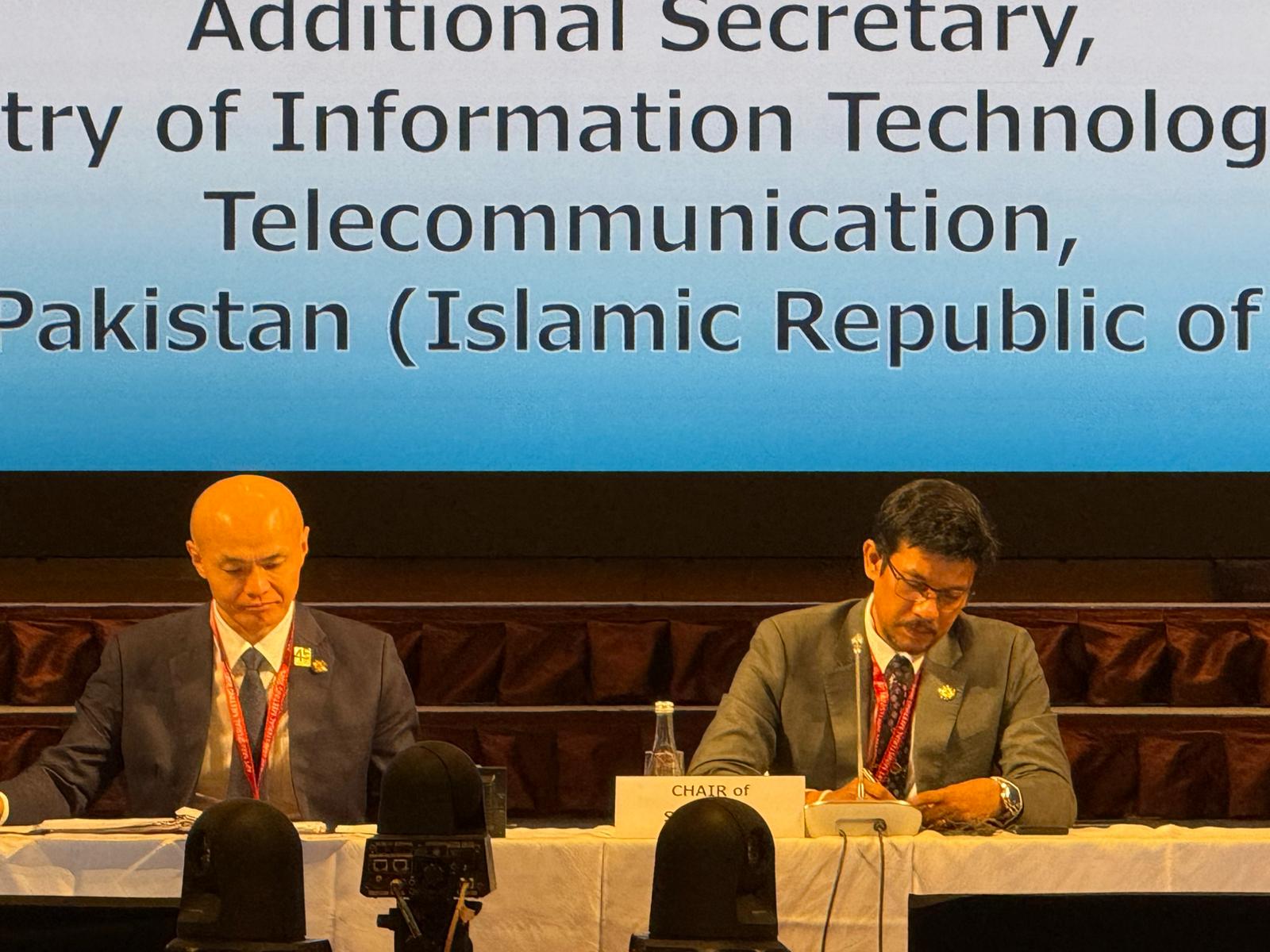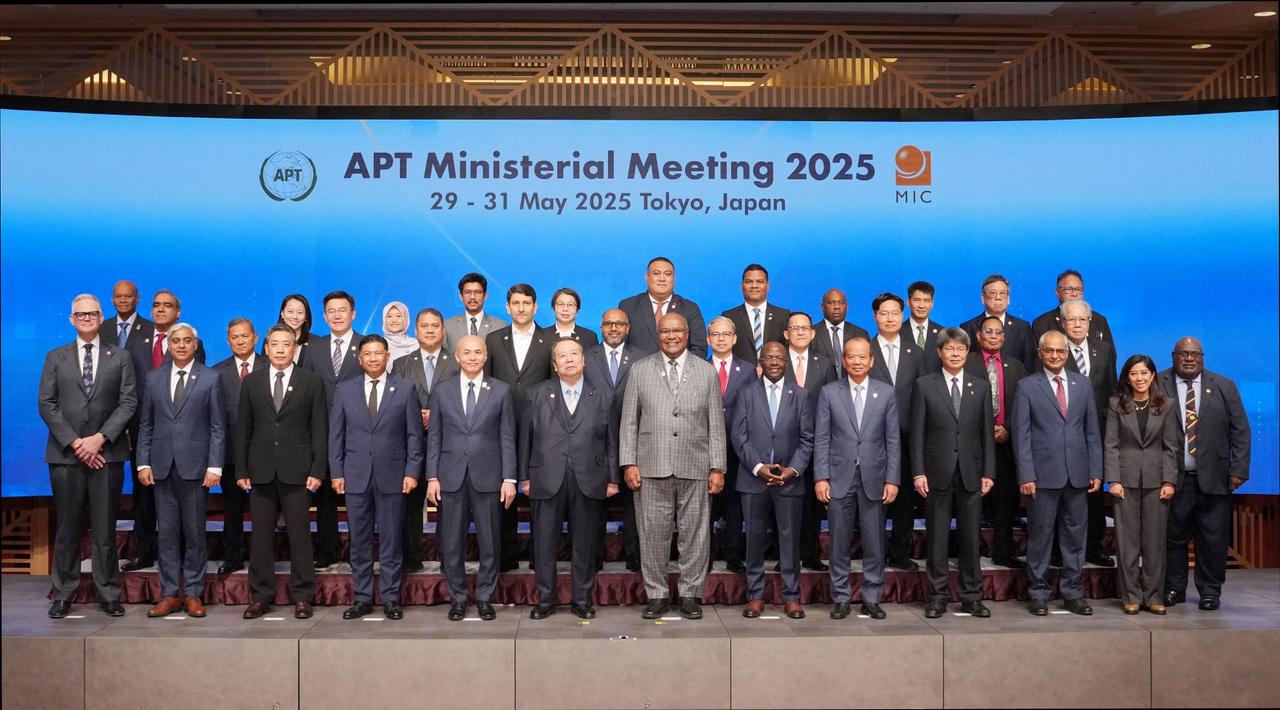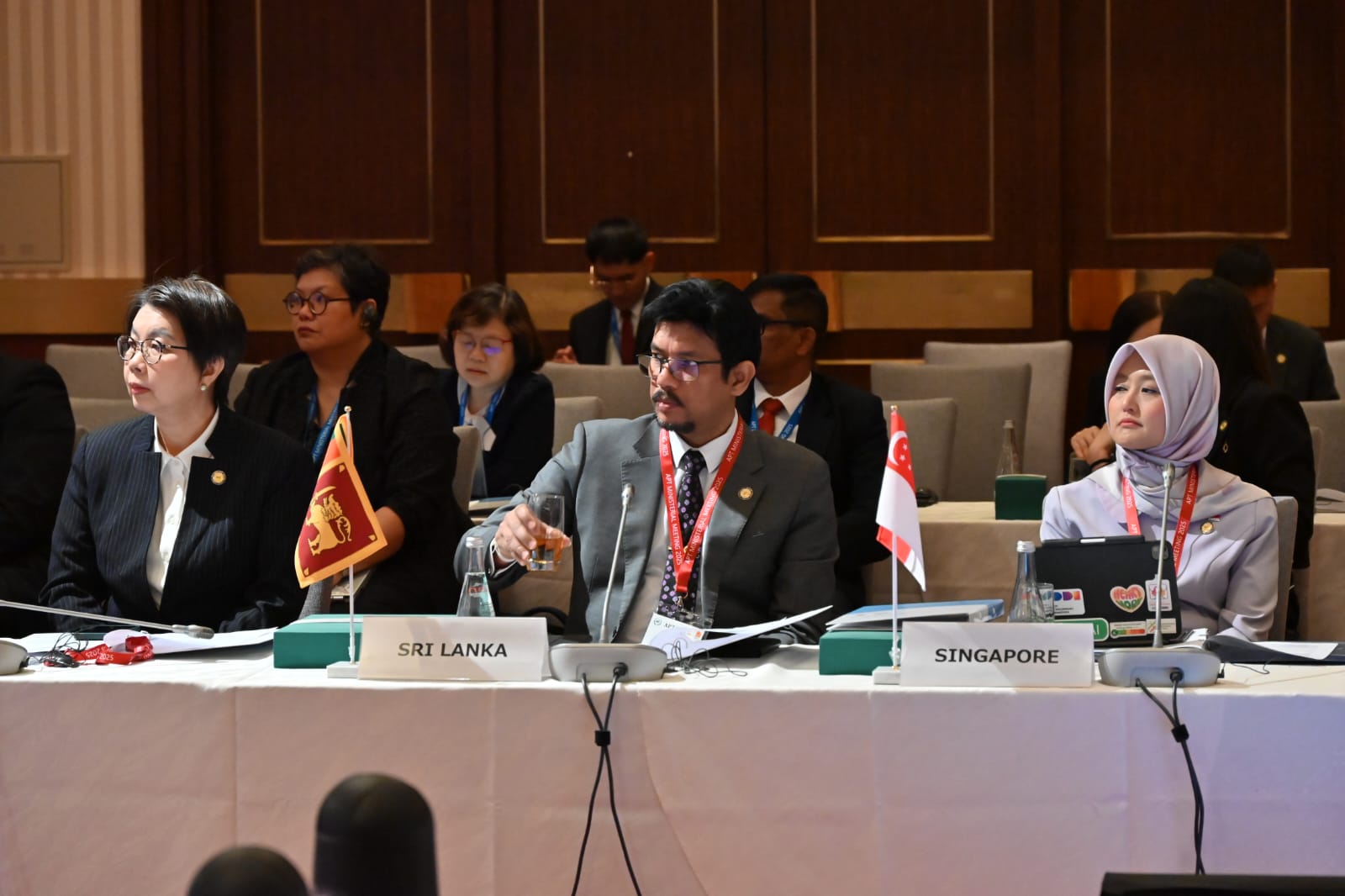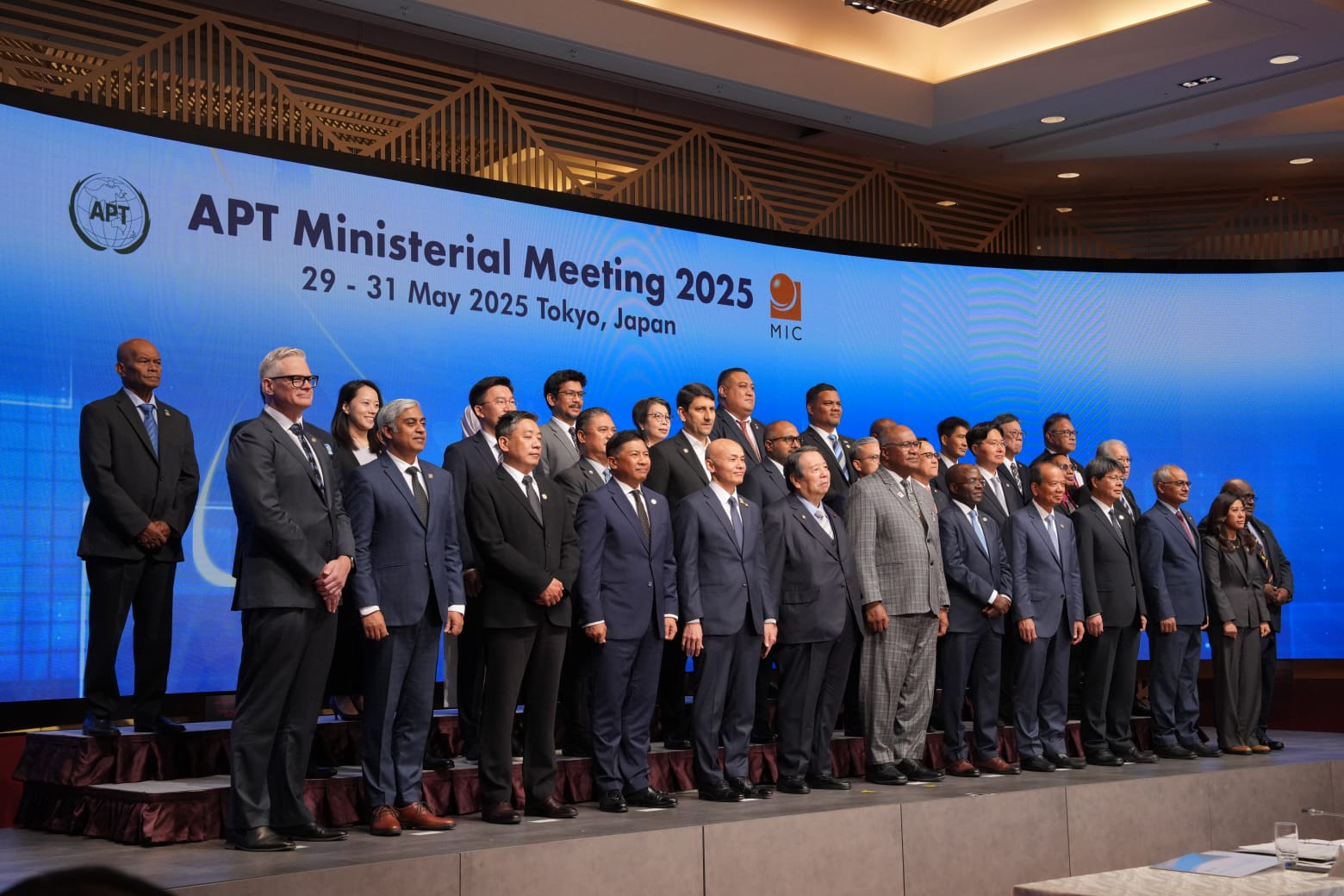Mr. Eranga Weeraratne, Deputy Minister of Digital Economy of Sri Lanka, at the Asia-Pacific Electricity Ministerial Meeting (APT-MM), which was held from May 30, 2025 in Tokyo, Japan.
He showed Sri Lanka's approach to digital transformation, emphasizing that digital infrastructure is considered as a national empowerment factor, mentioning that it should be accessible, sustainable and fair to all.
Sri Lanka is expected to reach by 2030, the government is working to create a system that connects not only urban areas but also rural economies and low-served communities Also one of the prominent inaugural event “Communication to the Village” project, aimed at expanding broadband and mobile coverage in remote areas and ensuring how the minister continues to build an unmissable technique, which has established green energy efficiently digital infrastructure. Sri Lanka will move towards a sustainable digital economy through the use of doing.
Also, the government has launched a national school contact program to cover the data gap, which will create opportunities for fiber optic internet access and digital learning access to schools across the country, in addition, Sri Lanka is integrating access standards to all public digital services, The Deputy Ministers addressed the conference that digital access will also be fair opportunities for people with disabilities, elderly and moral groups.
At the Asia-Pacific Telecommunity Ministerial Meeting (APT-MM), held from 30th to 31st May 2025 in Tokyo, Japan, Hon. Deputy Minister of Digital Economy of Sri Lanka, Eng. Eranga Weeraratne, spoke during the roundtable discussion on 30th May. He highlighted Sri Lanka’s approach to digital transformation, emphasizing that digital infrastructure is considered a national enabler—one that must be accessible, sustainable, and equitable.
Guided by Sri Lanka’s Digital Economy Strategy 2030, the government is actively investing in infrastructure that connects not only urban areas but also rural economies and underserved communities.
One of the flagship initiatives, “Gamata Sanniwedanaya” (Connect Sri Lanka Project), aims to expand broadband and mobile coverage in remote areas, ensuring that no region is left behind.
Sri Lanka is also prioritizing green and energy-efficient digital infrastructure, reinforcing the country’s commitment to sustainability.
To bridge the data divide, the government has launched a National School Connectivity Program, which provides fibre-optic internet access and digital learning platforms to schools across the country.
In addition, Sri Lanka is integrating universal design principles and accessibility standards into all public digital services, ensuring the inclusion of persons with disabilities, the elderly, and marginalized groups.
